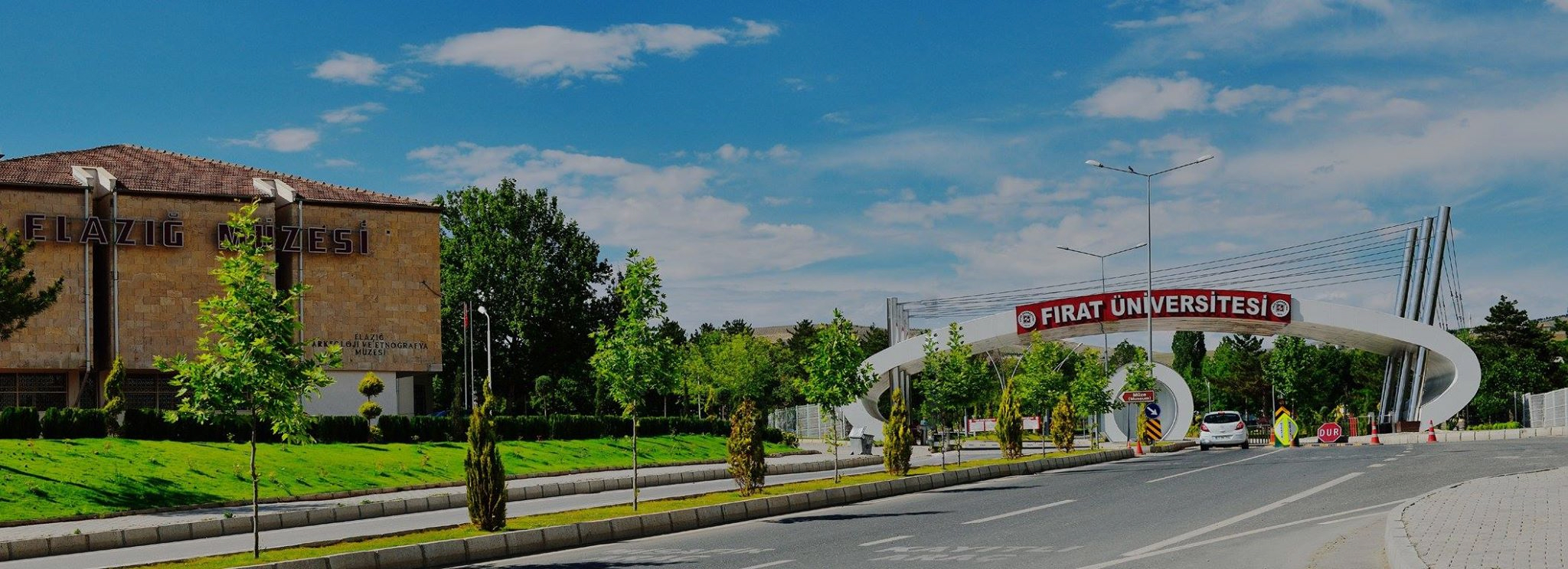
Information
Bioengineering is an engineering discipline that combines the principles of science and engineering to understand and solve problems encountered in fields related to living organisms, such as medicine, veterinary science, food science, and environmental science. This field encompasses many fundamental and applied branches of engineering, including mass and heat transfer, kinetics, biocatalysis, biomechanics, separation and purification techniques, bioreactor design, surface science, fluid mechanics, thermodynamics, and polymer chemistry, as well as genetics, molecular biology, protein chemistry, metabolism, cell physiology and biochemistry, cytology, bioelectrics, neurobiology, immunology, and pharmacology. To be a leading department in the field of Bioengineering at the national and international levels and to contribute to the advancement of science and technology through its fundamental and applied research. In line with the mission of Fırat University, to provide education that will enable graduates to have a productive and successful professional life; to contribute to the development of industrial and service organisations in the Fırat Basin where our university is located. Within this framework, the programme primarily aims to train human resources for the development of our region. Based on the belief that the economic development of the region and the country cannot be achieved solely through existing industrial organisations, our programme also aims to train graduates who can establish their own businesses and thus create employment opportunities. Contributing to the development of knowledge is only possible by keeping up with the constantly evolving information, so it is important that the engineers we train possess this characteristic.
Graduates of the Bioengineering undergraduate programme can work in a wide range of industries, from food, agriculture, health, and pharmaceuticals to the environmental sector, in hospitals and clinics, in institutions with legal obligations such as Hıfsısıhha and TSE, in genetic diagnosis and treatment centres, in vaccine production facilities, and in import-export companies. Those who wish to work as researchers or lecturers must pursue postgraduate education. Students can benefit from tuition and fee loans provided by the Credit and Dormitories Institution during their education. They can also benefit from scholarships provided by private and public institutions. Post-education earnings vary depending on the type of organisation, position, company's salary policy, and city. Employees working in public institutions and organisations receive salaries according to the rank and grade of technical service positions specified in Law No. 657.
Quick Access